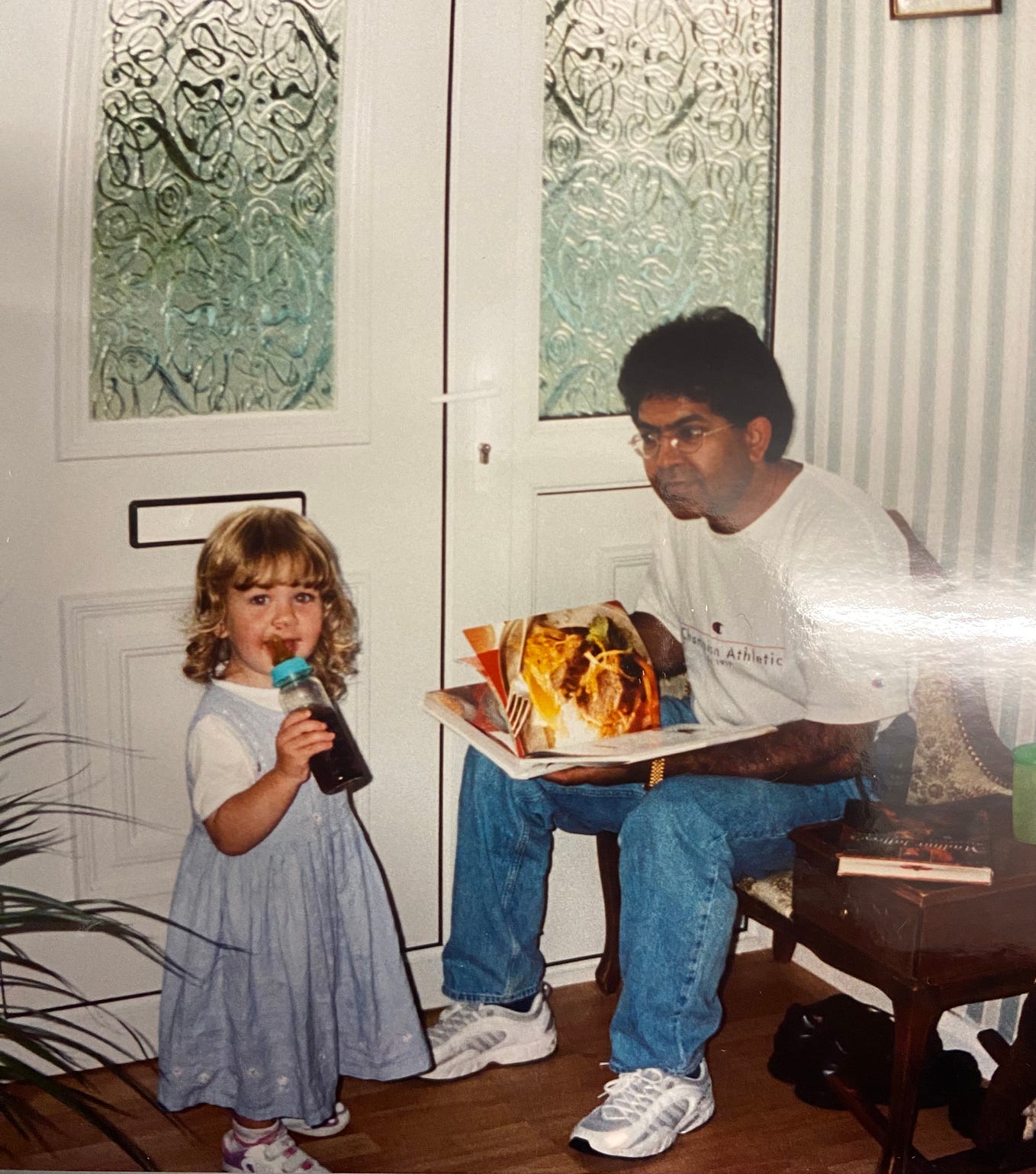Charlotte Bennett speaks at Hamilton
by Caroline Casey ’23, Staff Writer
On Oct. 21, Hamilton College alumna Charlotte Bennett ’17 returned to campus to share her presentation, “The Power of Lived Experience: Storytelling, Community Engagement, and Institutional Change.” Bennett received national attention in early 2021 when she became the second woman to accuse her boss, then-governor of New York Andrew Cuomo, of sexual harassment in the workplace. However, Bennett’s name was already well-respected within the Hamilton community. During her time on the Hill, she drew attention to the glaringly inadequate judicial response to sexual assault and demanded the reform we now all benefit from today.
Bennett spoke to the strengths and weaknesses of the #MeToo movement as a whole. She approached the #MeToo movement through the lens of empathy as a means to empower people to share their stories. Bennett explained how it was in fact women telling stories and finding patterns that created the term sexual harassment in the first place. At separate universities, professors and students began interviewing women to understand their often abrupt exit from the workforce; they quickly came to understand that women were made to feel so uncomfortable by male colleagues and bosses that they chose to quit. By drawing attention to these findings on a national scale, these women created and established the term sexual harassment.
Understanding the role university students played in the conception of such well-known phraseology resonated with those of us who are currently having similar conversations in our classrooms and are uncovering upsetting patterns in our own experiences as women. Perhaps what was most impactful from Bennett’s talk was the Pyramid of Sexual Misconduct that she created and shared.
At the bottom of the five-part pyramid is Attitude, Beliefs and Culture; Bennet described this as “rape culture, victim-blaming, [and] locker room talk.” Next is Discrimination, any act that limits accessibility or respect. In the center of the pyramid is Verbal & Emotional Abuse, such as “gaslighting, catcalling, manipulation, [and] threats.” The second to last tier is Degradation & Violation of Autonomy, “stalking, revenge porn, financial abuse, coercion, [and] groping,” and the top tier is Explicit Violence, including but not limited to any sexual or physical violence.
When experiencing such varying forms of abuse, the emotions and repercussions one faces is not clear cut or easily articulated. Seeing them projected on the big screen and organized with thoughtful consideration was extremely validating.
Following Bennett’s presentation, the meeting was opened up to the audience for questions and comments. With the encouragement of Bennett, the meeting quickly became a democratic group discussion. Students spoke to the support they felt in their Women’s and Gender Studies classrooms that provided them with a space to vocalize vulnerabilities otherwise discouraged in academic classes. Faculty expressed their extreme frustration with having their efforts of change blocked once they reached the highest level of administration. The pain and exhaustion for which it is to be a woman both on a college campus and in the world right now was palpable.
I had the honor of being present for this meeting as well as a private event for students currently in Women’s and Gender Studies classes. While I left both meetings with innumerable thoughts, below are my two biggest takeaways and perhaps critiques of Bennett’s visit to campus.
Currently on the Hamilton campus, the most effective system of sexual misconduct prevention (and, I would argue, punishment) is the whisper network. Failed by bureaucratic nature and dedication to the presumption of innocence in Title IX hearings, women (or any self-identifying victim of sexual misconduct) protect each other by quietly warning others of their negative experiences with certain individuals on campus. I fear that the success and yet limitations of this method have left women on campus at a detrimental standstill.
As a woman at Hamilton, I would argue that whisper networks are successful. In such a small community, women at Hamilton College can quickly let those in and beyond their social network know what they have experienced. Stories from weekend gatherings or intimate relationships spread rapidly and within days of occurrence. In doing so, women do not have to retraumatize themselves by speaking of a humiliating experience in front of their assaulter, “unbiased” peers, or elected faculty. Women do not have to define their identity on campus by their desire to seek retribution against those who violated their safety. Women do not make themselves vulnerable to the system letting them down.
It seems to me, however, that whisper networks are almost too effective. Women are able to just barely keep themselves safe, but not in a manner that truly provides them with systematic change. I can tell the woman next to me at a party that I have heard that the man who keeps eyeing her from across the room tends to ignore one’s request that he wears a condom; she may even take my advice and refuse to go home with him. In a sense, I was successful because the knowledge I whispered to her over the music of the loudspeaker allowed her to protect her bodily autonomy.
But that whisper did not start a larger discussion about consent. It did not call out larger trends of sexual misconduct that occur in every dorm on this campus. I will have to keep whispering every weekend in order to keep my peers out of harm’s way.
Whisper networks keep women safe but in a way that never changes the systems that are already regularly letting them down. The strength found amongst women can be powerful, but it is not powerful enough to bring about the impenetrable safety that they require.
These questions of sexual misconduct on campus and the ever-failing system that is meant to keep people safe drove much of the later conversation with Bennett. With every student raising their hand and voicing frustration with sexual misconduct on campus, Bennett recognized their pain and then encouraged them to do research: collect stories, cultivate data, find patterns and then make demands of the administration that specifically solve the issues research illustrates. Professors were quick to encourage students with the promise of funding. They suggested that there are seemingly endless resources for students to do just the work that Bennett suggested would help us.
I agree that it is only with pointed demands that are supported by scientifically collected data that we will see changes in the way that sexual misconduct is handled on campus. It is going to take years for the stories we tell today to inspire systematic safety measures.
Nonetheless, being encouraged to take an academic approach to the sexual violence I see and hear about every weekend frustrated me.
There is danger now. The safety of my friends and peers is vulnerable right now. Collecting data over the next few months does not mean that the party I go to this weekend will not be fraught with sexual misconduct and male indifference. It does not console the woman who was groped in a dark-side suite or the woman whose partner ignored her demands to slow down or the girl who received threatening texts when she decided she no longer wanted to continue a relationship. It does not reassure me that when I invite underclassman girls to a gathering, that their seeming social vulnerability will not be targeted by anyone else who shows up to the party.
Sexual misconduct on campuses needs more immediate solutions. We are tired of having to protect ourselves, support ourselves and help each other heal from actions that will go unpunished. Collecting data today would hopefully protect Hamilton students in the future, but does that mean that misconduct that happens in the years until then must go on unanswered?
Bennett’s presence on campus encouraged an important conversation about sexual misconduct on and beyond college campuses. Her strength, articulation and courage reminded many of us why we must continue to educate ourselves on challenging topics and persevere through situations that dehumanize us.
However, the seemingly unsolvable nature of the problems discussed with Bennett weighed heavily upon us as we exited the safety of her presentation and re-entered our everyday lives on campus.









